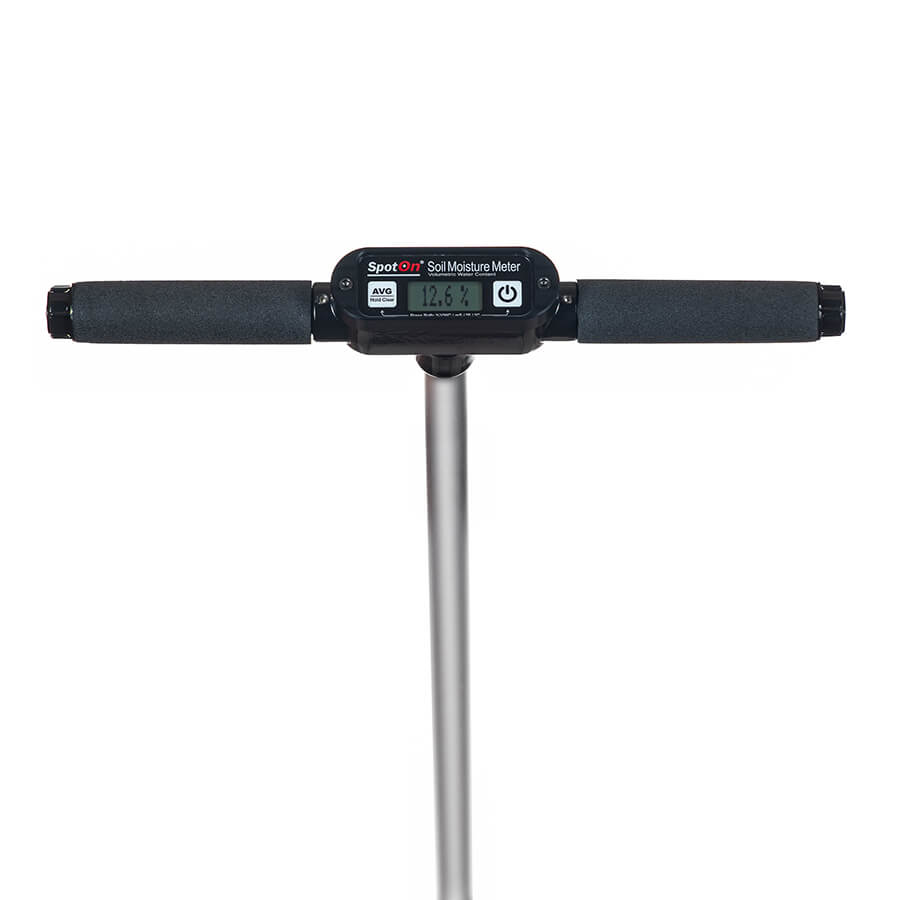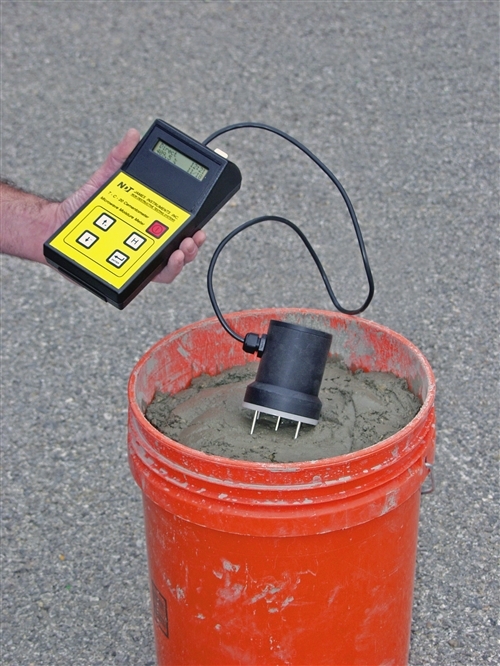Why Every House Owner Requirements a Moisture Meter: Trick Benefits and Attributes
Wiki Article
The Ultimate Guide to Dampness Meters: A Comprehensive Overview and Just How They Can Conserve You Money
Dampness meters serve as vital tools in discovering and monitoring moisture content in products, assisting in preventing expensive damages and making sure the high quality of products. Recognizing the subtleties of different types of wetness meters, their applications, and the possible cost-saving advantages they offer can be a game-changer for specialists and businesses alike.Sorts Of Wetness Meters
One common kind is the pin-type wetness meter, which gauges the electrical resistance in between 2 pins placed into a material. Pinless moisture meters, on the other hand, usage electro-magnetic sensing unit plates to check a larger area without creating damages to the material's surface area.
Infrared wetness meters gauge the thermal buildings of a material to identify its dampness content non-invasively, making them beneficial for applications where pin or pinless meters might not be suitable. Comprehending the various types of wetness meters readily available can help sectors pick the most suitable device for their certain dampness measurement requirements.

Benefits of Utilizing Dampness Meters
Moisture meters provide very useful benefits in properly monitoring and evaluating wetness levels in diverse materials and environments. One of the key advantages of using moisture meters is the avoidance of possible damage caused by excess dampness.
Furthermore, making use of wetness meters can result in increased power effectiveness. By identifying locations with high wetness levels, such as leakages or bad insulation, adjustments can be made to boost energy conservation and lower energy costs. In farming settings, wetness meters play an essential role in maximizing plant returns by making it possible for farmers to monitor dirt moisture levels and make notified irrigation choices. Overall, the advantages of using dampness meters span throughout various markets, offering cost-effective remedies and promoting far better quality control techniques.
Just How to Select the Right Dampness Meter
Picking the suitable dampness meter involves thinking about crucial elements such as material compatibility, measurement variety, and calibration accuracy. When picking a wetness meter, it's vital to make sure that the meter is appropriate for the specific product you will be screening. Different products have differing electric properties that can influence wetness analyses, so picking a meter developed for your product is important for exact results. Additionally, think about the measurement series of the dampness meter. Guarantee that the meter can identify wetness degrees within the variety required for your applications. Calibration precision is an additional crucial aspect to keep in mind. Select a moisture meter with dependable calibration to ensure exact and regular analyses. Some meters might need regular calibration modifications, so understanding the calibration process is very important. By carefully evaluating these variables, you can pick a wetness meter that satisfies your needs and gives exact dampness dimensions for your projects.Home Page
Correct Methods for Moisture Meter Use

Price Financial Savings Via Dampness Meter Applications
Just how can the critical application of dampness meters lead to significant price financial savings throughout different markets? In the agriculture industry, dampness meters help in establishing the ideal time for collecting plants, preventing over-drying or excess dampness that can influence the final item's top quality.
Likewise, in construction, dampness meters aid stop expensive damages by detecting dampness levels in building products, such as wood or concrete, which can cause structural concerns otherwise addressed without delay. By identifying trouble areas beforehand, service providers can take corrective procedures to stay clear of comprehensive repair services or substitutes, ultimately saving money and time.
In addition, in the food handling industry, moisture meters are necessary for monitoring product quality and guaranteeing conformity with safety and security laws. By accurately measuring moisture content in foodstuff, manufacturers can avoid putridity, preserve freshness, and minimize waste, leading to considerable expense financial savings. Generally, the critical application of dampness meters is an important financial investment that can lead to substantial cost reductions and boosted performance throughout numerous markets.
Final Thought
In final thought, wetness meters are important tools for finding and determining wetness levels in different materials. By utilizing the right moisture meter and following proper techniques, users can properly protect against expensive problems triggered by excess wetness. Investing in a top quality wetness meter can result in significant cost financial savings in the lengthy run by recognizing prospective problems at an early stage and allowing timely remediation. Eventually, wetness meters are crucial instruments for maintaining the stability and durability of structures and products.Dampness meters offer as vital tools in identifying and keeping an eye on moisture content in products, aiding in look at this website avoiding costly problems and making sure the quality of items. Infrared dampness meters determine the thermal buildings of a product to establish its moisture content non-invasively, making them beneficial for applications where pin or pinless meters might not be ideal.Moisture meters provide invaluable advantages in precisely analyzing and keeping track of dampness levels in diverse materials and atmospheres. In farming setups, dampness meters play a crucial role in enhancing crop yields by allowing farmers to keep an eye on straight from the source dirt dampness degrees and make educated watering choices.In verdict, dampness meters are valuable tools for discovering and determining dampness degrees in different products.
Report this wiki page